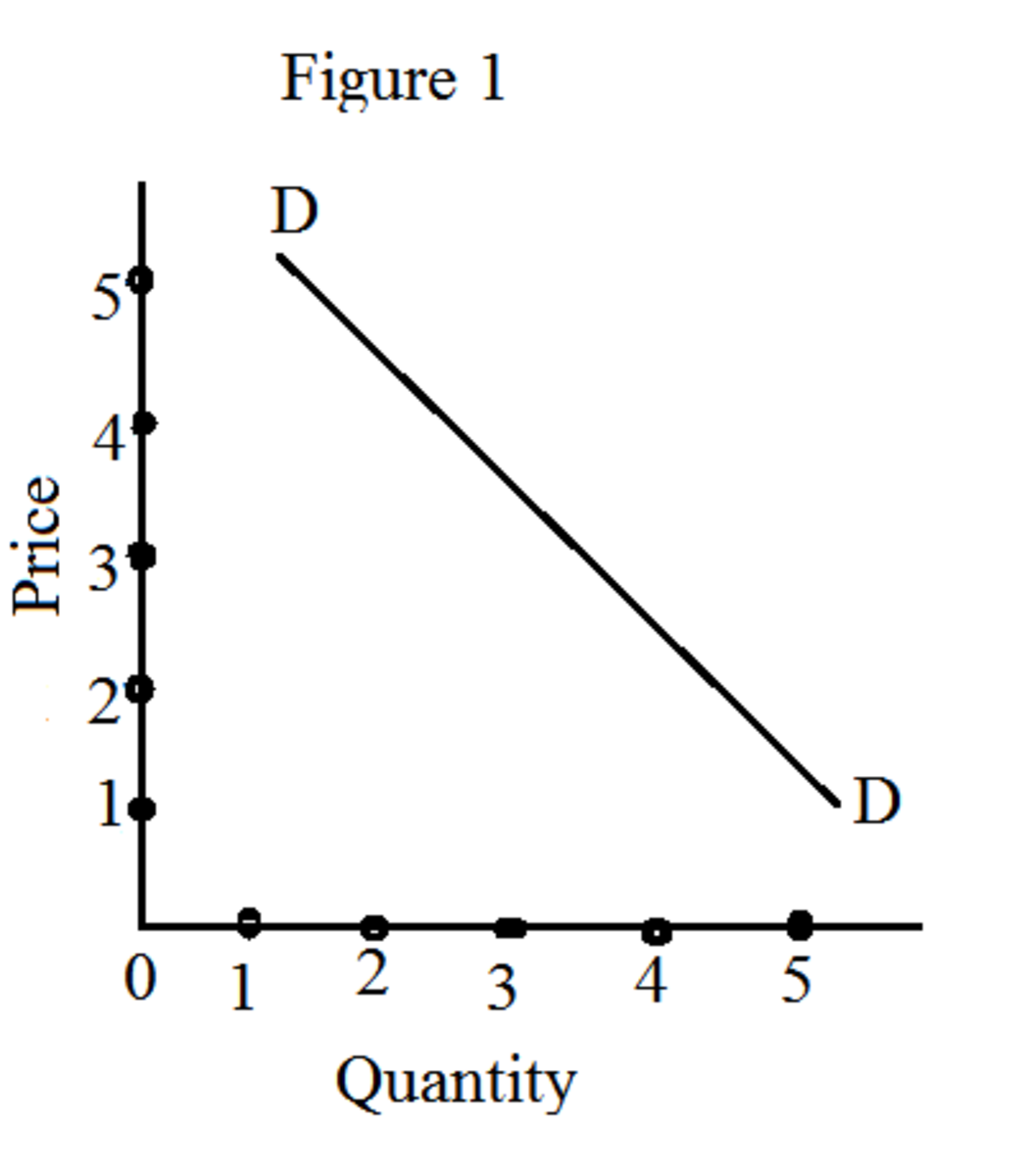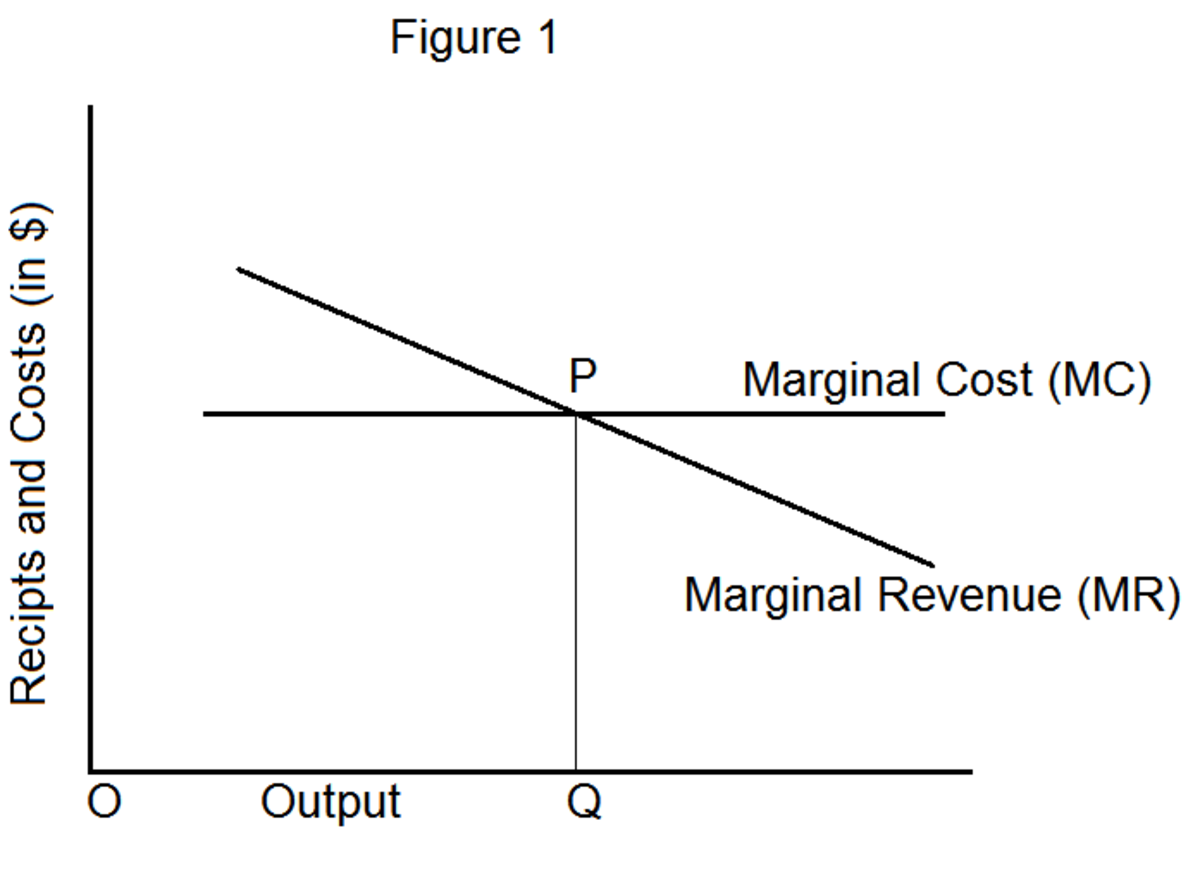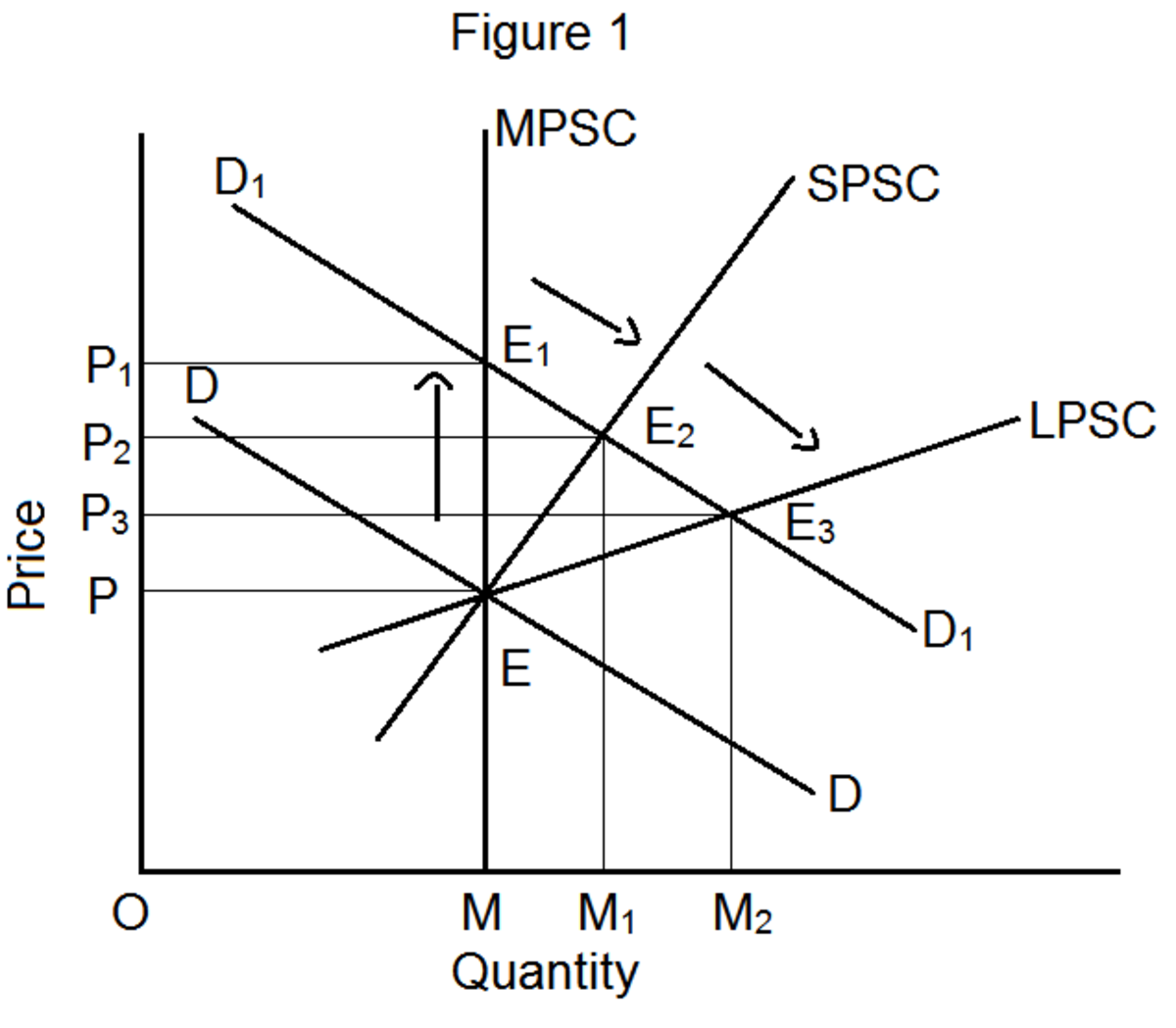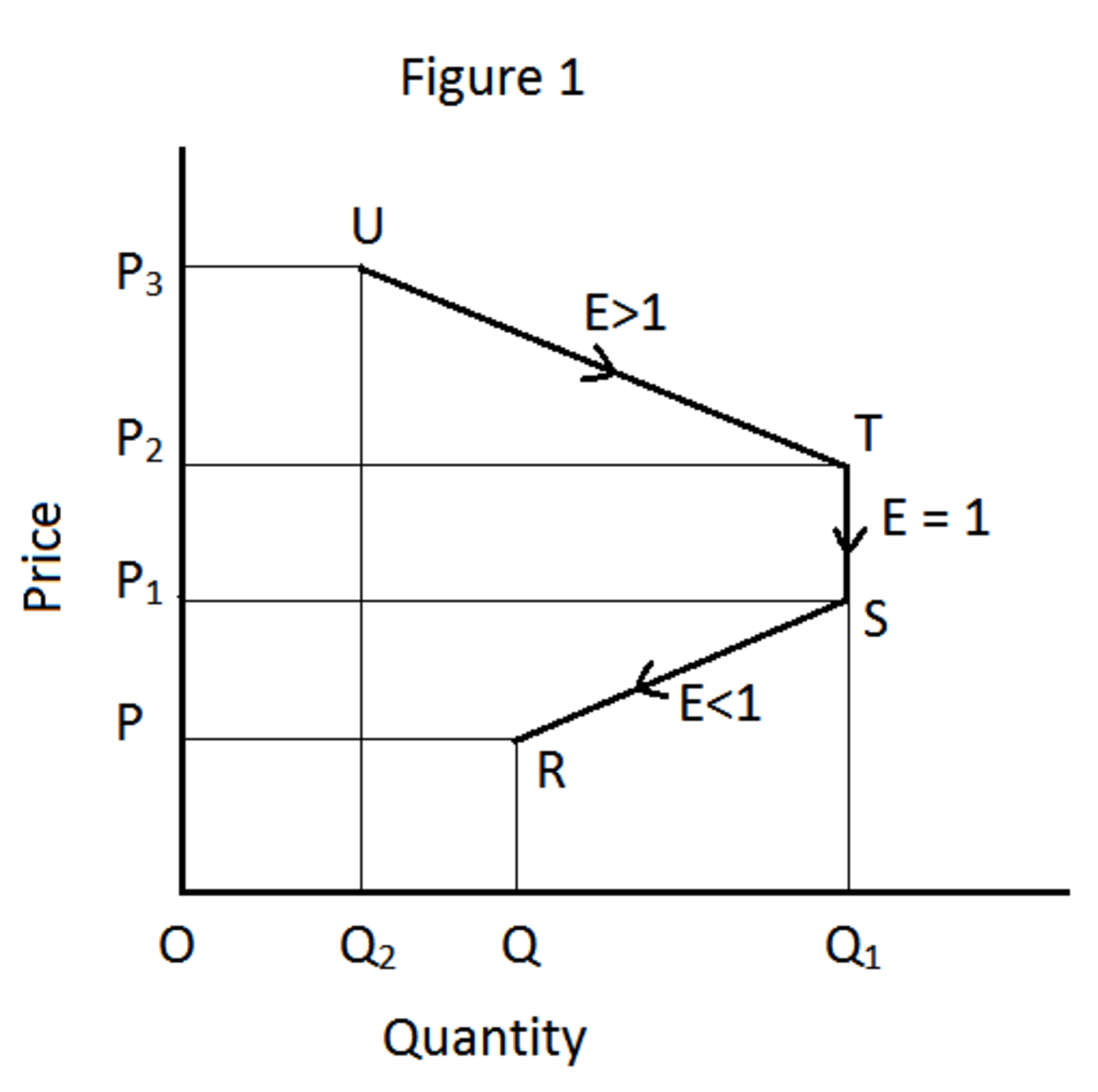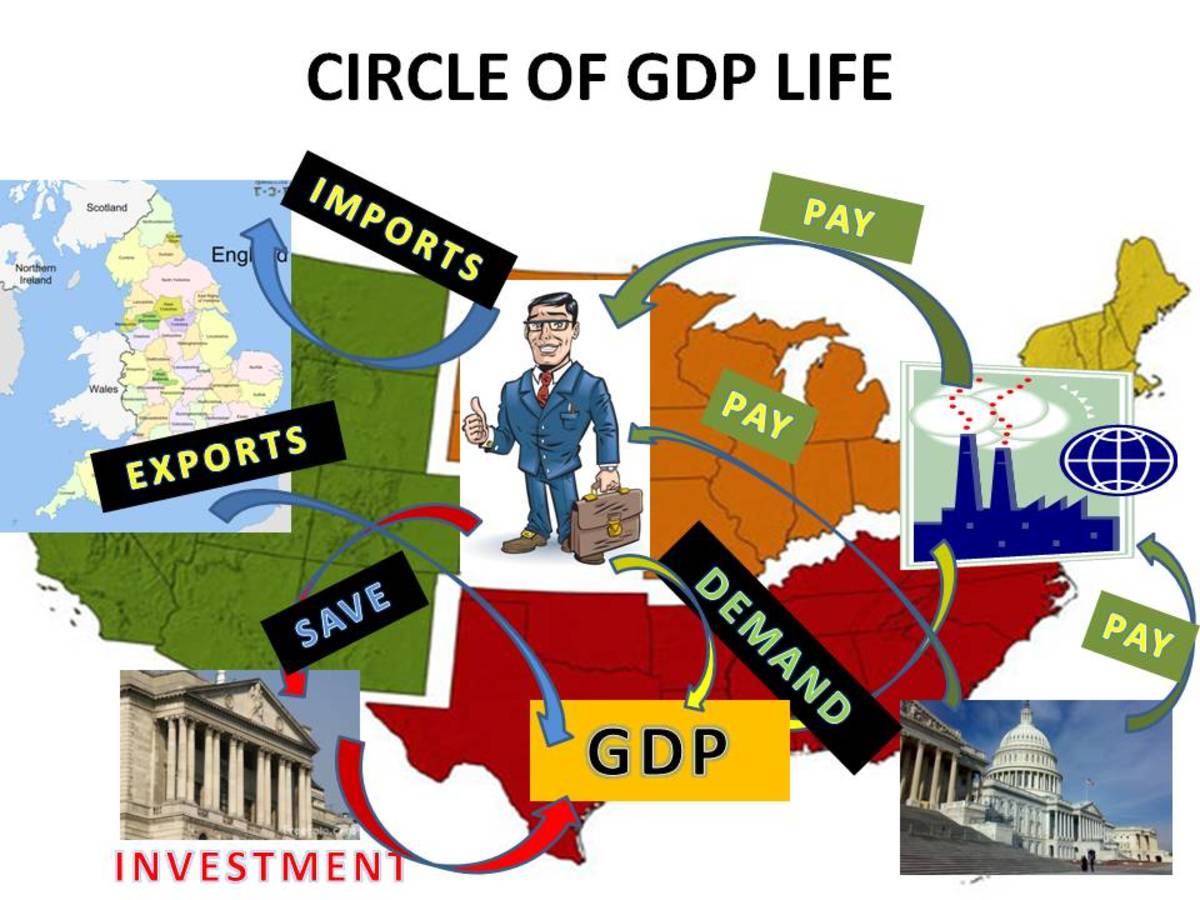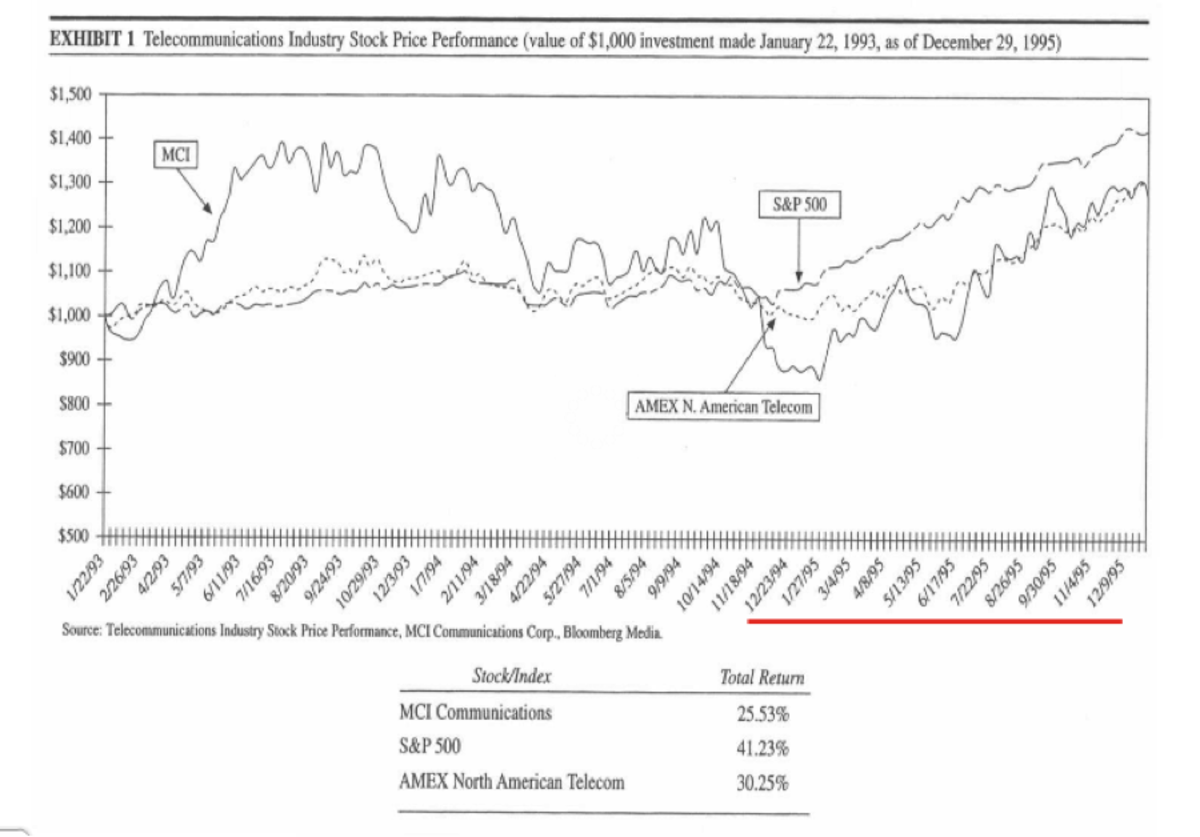Economic Theory of Price and Its Determination

Introduction
Price refers to the value of a commodity and services expressed in terms of money. Now we are fixing price for any kind of goods and services. Even consider a labor we fix a price for his service in terms of wage. It is essential to deliver an economic transaction very smoothly. For this, only money should play its role properly. Here this hub is about the theory of determination of price of goods and services.
Functions of Price
In the early time, people were practiced ‘Barter’ system for the exchanging of goods and services. Now almost all the economies are using money for exchanging goods and services. So, money plays a vital role in modern economy. There are different views on money from the early time onwards. Now, people are using highly advanced form of money like e-money. In other words money is the single factor of representing price of a commodity. Price has some economic influences. Some of them are described below.
I) Medium of exchange
As said above, the collapse of ‘Barter’ system leads to the invention of money. In the early time, most of the money was in the form of precious metals. Gradually, banks and central banks were fount out or launched and began to use various types of paper currencies and coins.
II) Unit of account
Now, the value of goods and services are measured in terms of money. Here money acts like a measure to account the value of commodities. So, money considered as a unit of measure.
III) Incentive to production
A high price always encourages the sellers and producers to sell or produce more. Suppose the wage is very high, normally laborers have a tendency to work more or suppose the price of the commodity is high then the producers would ready to produce more, because they want more profits.
IV) Signaling mechanism
Suppose the price of a product is high, automatically the consumers may have a tendency to consume related complimentary goods (complimentary goods are those different goods which can be used to satisfy a particular want or use). Similarly, producers, investors, savers, money lenders etc are also use the trends in price to reduce their risk and maximize utility.
Price Determination
In a perfect competitive market price is determined at the interaction point of both demand and supply curves. Demand curve is inversely related with price (when price increase the demand will decrease) and supply is directly related with price (when price increase supply also increases).
The theory of price determination can be explained with the following figure
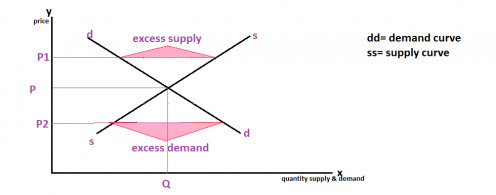
Here consider Apple is the commodity. In the diagram consider price is ‘P’. At point ‘P’ the quantity demanded of Apple is equal to the quantity supplied. Here point ‘E’ is the equilibrium point and ‘P’ is the equilibrium price of the commodity Apple.
Consider price ‘P1’ the demand for Apple, then the supply is high while demand is less. This condition is known as “excess supply”
Consider price ‘P2’ the demand of Apple, where the demand for is more than its supply. This condition known as “excess demand”
Since at point ‘E’ the quantity supplied is equal to the quantity demanded, ‘E’ is the equilibrium point and ‘P’ is the market determined price. This is the simple representation of the determination of price and quantity demanded for a commodity. Similarly other commodities in the market will be demanded. This is the automatic adjustment model of price determination propounded by the classical economists.


